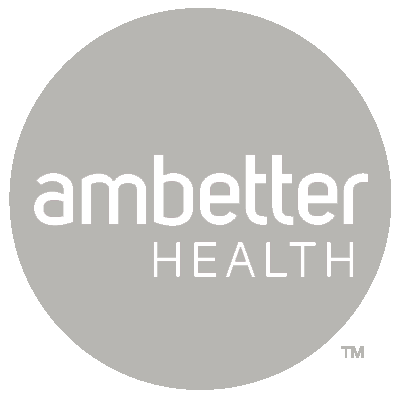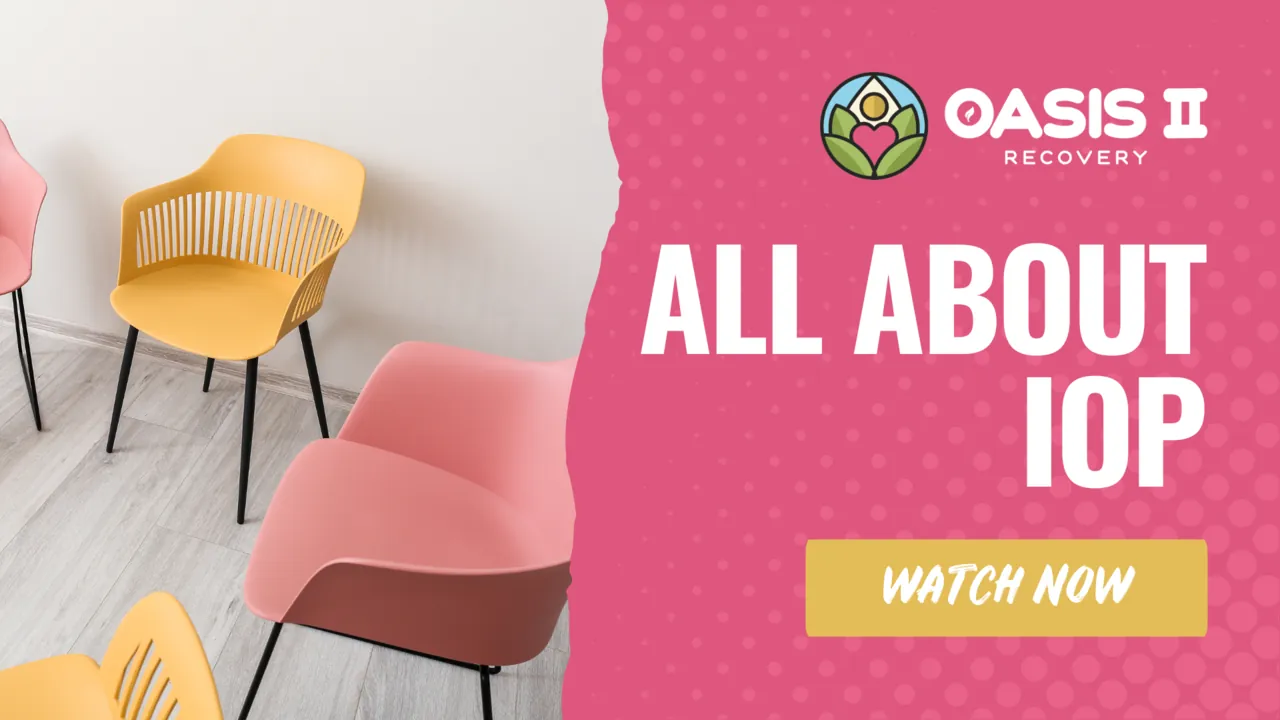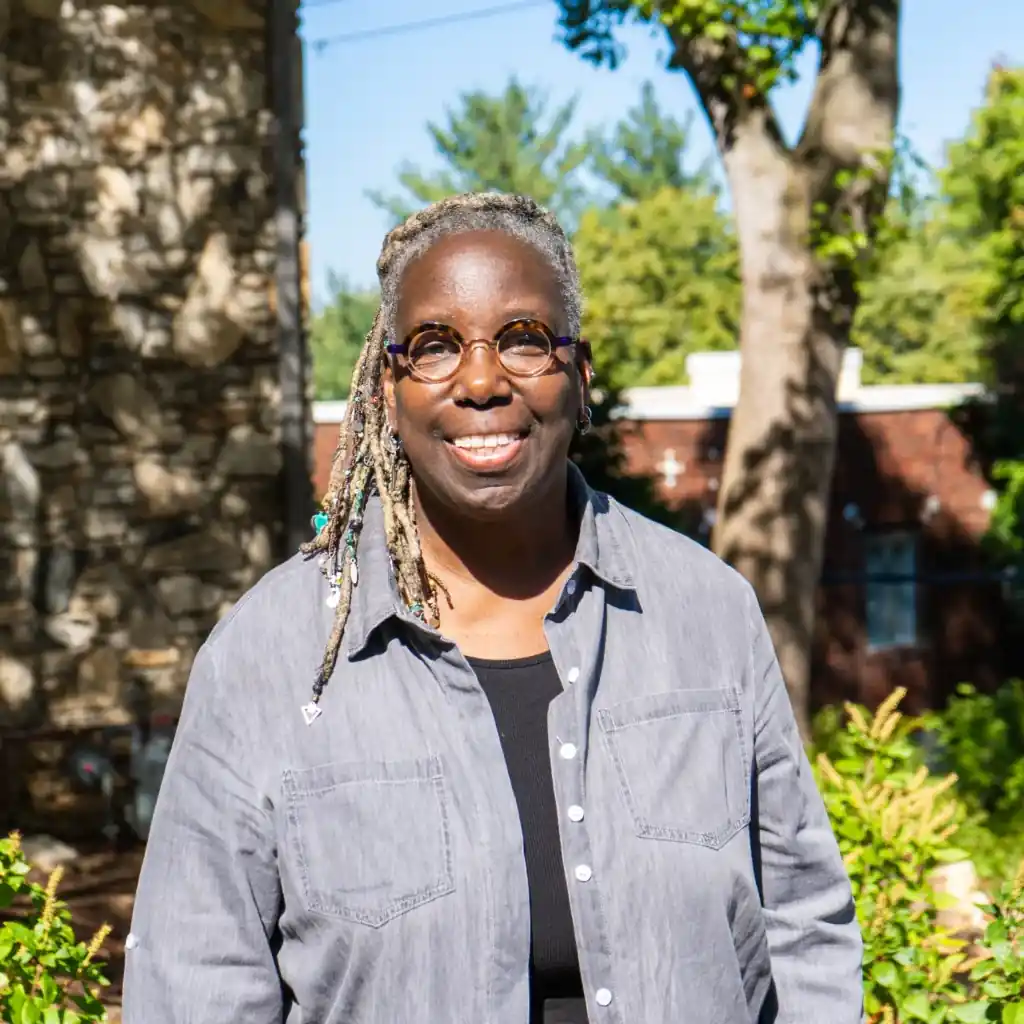Intensive Outpatient Program In Asheville, North Carolina
Oasis Recovery Center is proud to offer drug and alcohol addiction treatment in Asheville, NC, through our intensive outpatient program.
Hosted at our second Oasis location, our IOP program provides support, structure, community, and accountability while having more flexibility and freedom than typical inpatient and partial hospitalization programs.
Clients can enroll directly into intensive outpatient treatment or transition from our other programs or rehab centers. Because we value flexibility, clients can choose between three mornings or three evenings per week. This allows both clients and family members to receive addiction treatment and maintain work, school, and family responsibilities while learning to live a balanced, sober lifestyle.
Are You Covered For Treatment?
Oasis Recovery Center partners with numerous private insurance providers. Our team is committed to assisting you in quickly and effortlessly verifying your insurance coverage for treatment.
Our Intensive Outpatient Program
Our intensive outpatient program provides addiction treatment through evidence-based therapy methods and holistic healing modalities on an outpatient basis. Based on their personalized treatment plan, clients will participate in individual and group therapy sessions, relapse prevention education, and other recovery-based exercises.
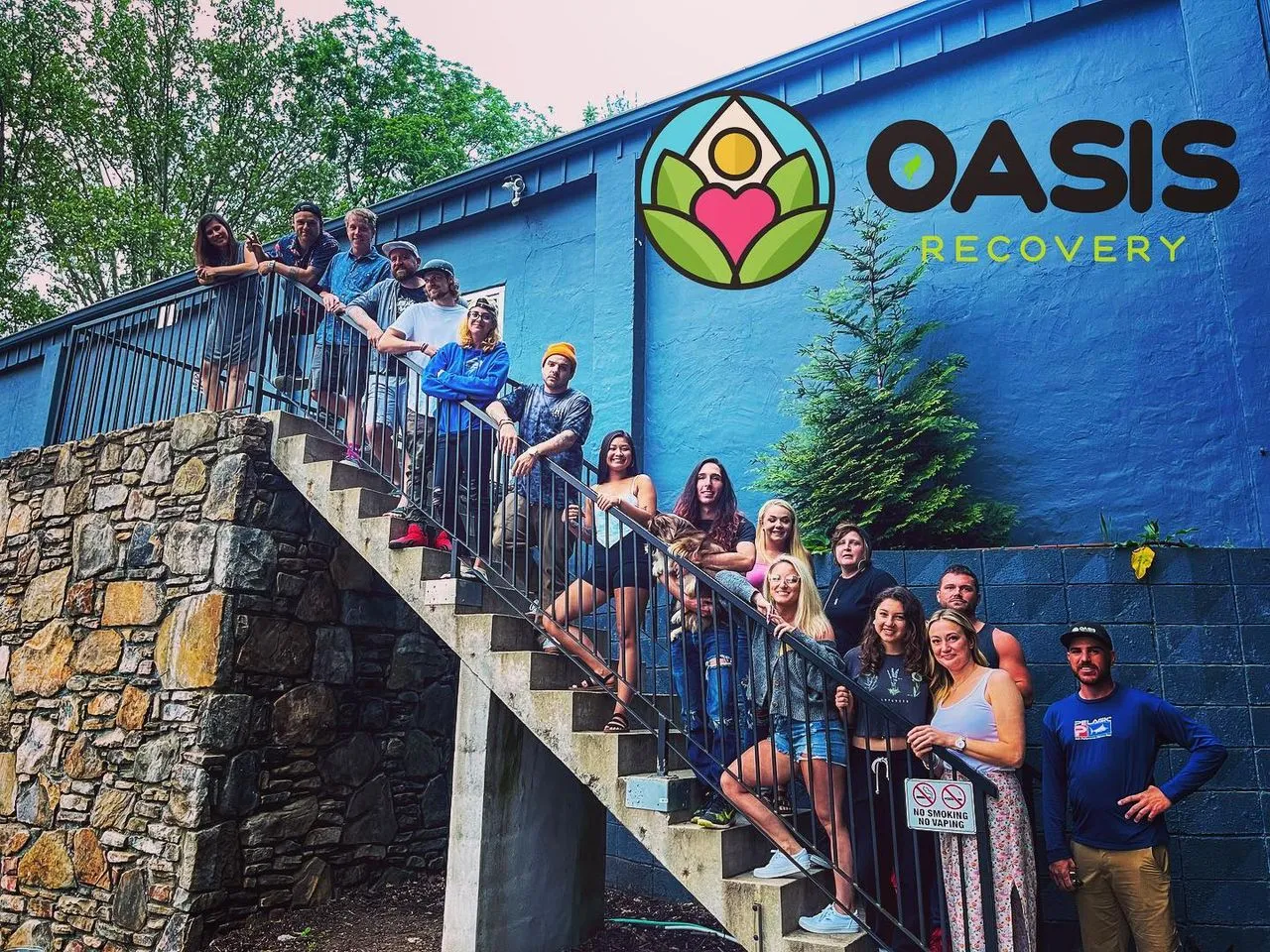
IOP is perfect for individuals with mild-to-moderate substance use disorders, those who want to transition from a high to a lower level of care, and those who want to maintain much of their normal routine while still receiving quality addiction treatment. Even if you’re not sure our IOP program is still right for you, our intake specialists will create a treatment plan that can change based on your needs and goals. You might be in our outpatient program, but realize you could benefit from a higher level of care or program, which we can accommodate through one of our six treatment centers.
Intensive Outpatient Treatment At Oasis II
Because we want to ensure clients receive the highest quality care and attention, our intensive outpatient program is hosted at our designated Oasis II location at 364 Weaverville Road, Asheville, NC 28804. Oasis II’s comfortable and cozy setting has large group areas, private rooms for individual sessions, shaded picnic tables, a basketball hoop, screened porches, smoking areas, and a large art mural created by clients and staff members.
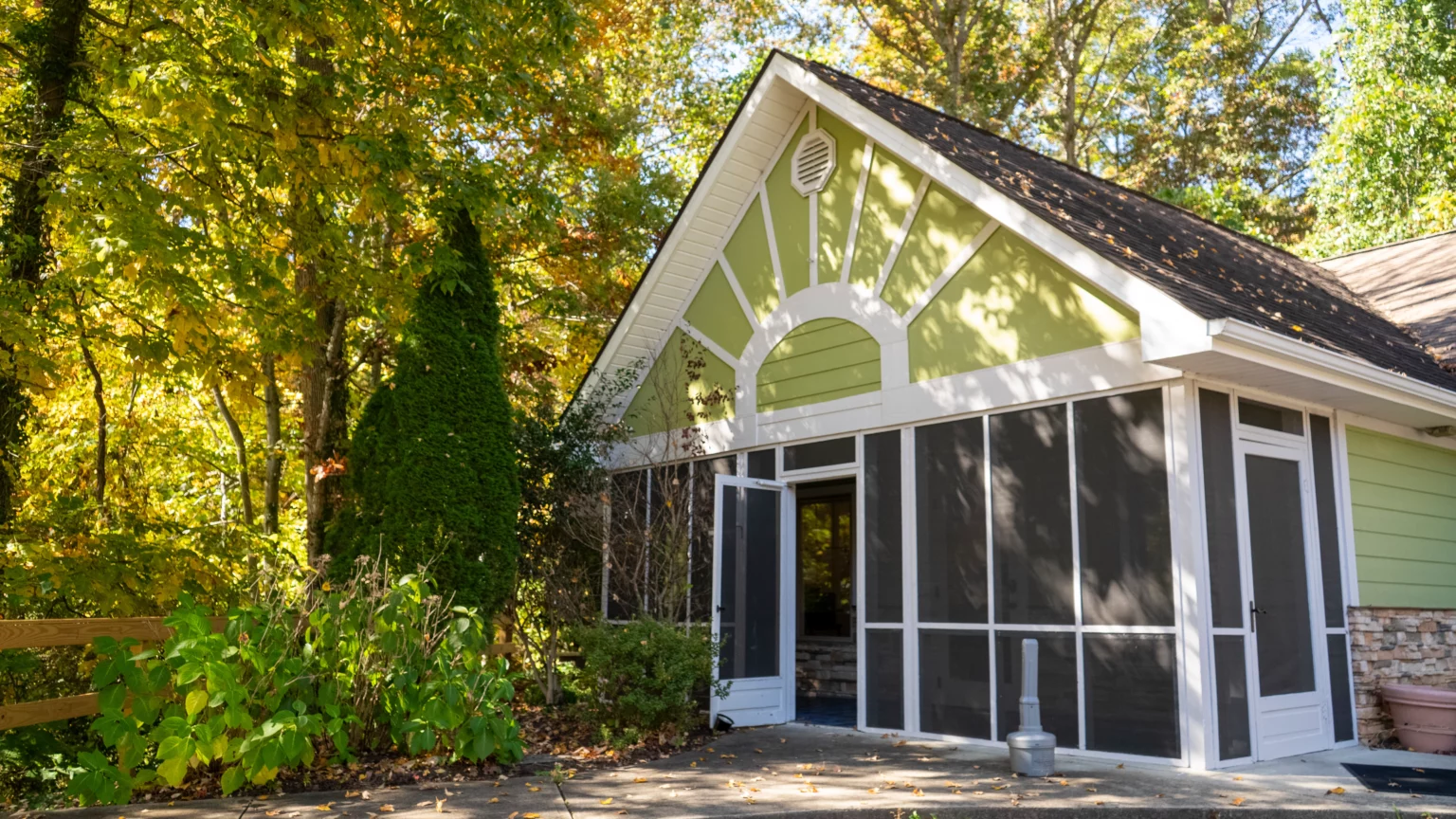
What Does Our Intensive Outpatient Treatment Consist Of?
At Oasis Recovery, our intensive outpatient program typically provides 10-12 hours of weekly group and individual therapy, plus encouraged participation in group activities and holistic exercises. Each individual’s treatment plan is tailored to meet their needs, so the exact time spent on each modality varies. Clients in IOP usually visit the Oasis 2 facility two to four times per week for 30 to 90 days.
The following modalities are applied during an IOP:
- Group Therapy: Studies show that group participation is as effective as individual therapy in treating addiction. In addition to helping improve interpersonal relationships and coping skills, our group therapy sessions serve as the core of IOP. Before addiction treatment, clients may have interacted with other people who abuse drugs or alcohol, which makes this especially important in addiction. Group therapy provides participants with a place to receive support, comfort, and honest feedback from others who are experiencing the same difficulties and want to achieve sobriety.
- Individual Therapy: Individual therapy focuses on the difficulties caused by clients’ drug abuse and their attempts to stay abstinent. In individual sessions, clients can focus more on their mental health, thoughts, beliefs, and stress points in a personal setting. Individual therapy sessions are usually scheduled on a weekly basis, if not more often, particularly in the early stages of recovery. Each client is assigned a dedicated therapist who strives to create a close, honest connection based on mutual trust and commitment to recovery.
- Holistic Therapies: Oasis Recovery proudly offers alternative therapies in addition to traditional care. Art therapy, music therapy, adventure therapy, and yoga therapy are just a few of our possible treatments. Clients benefit from nonverbal methods that help reduce stress and improve overall mood. Some clients find that painting or playing music releases endorphins, resulting in an overall calm feeling. Many people prefer these nonverbal methods of healing.
- Family Therapy: Oasis Recovery includes family therapy and treatment services when necessary. Studies indicate that including family members in the treatment process significantly increases the chance of maintaining sobriety. In family therapy, family members are educated about addiction issues and what their loved one is experiencing.
Benefits Of IOP
Oasis Recovery Center’s IOP program aims to treat clients who have already completed a full-time addiction treatment program or do not require 24/7 supervision. Our staff and the Oasis Model prepare individuals for the transition into independent living while still providing structure and support. The main benefits of an IOP include:
- Minimal time requirement
- Supportive recovery community with weekly alums meetings
- Various evidence-based therapies, including individual, group, family, or alternative
- Flexibility to maintain and return to work, school, or family life
- Group and holistic exercises
- Experiential, adventure, and wilderness therapy
- Preparation for independent living
Take Our Addiction Quiz for Recovery Insights
Intensive Outpatient Or Residential Treatment?
While inpatient treatment programs offer the highest level of care and medical supervision, they aren’t always suited to everyone’s situation. Family or job obligations prevent many people from living full-time in a treatment facility. Our intensive outpatient treatment program is the best choice for clients who want to receive the same quality treatment and recovery approaches without living away from home.
However, outpatient treatment can be difficult if an individual lives in an environment surrounded by distractions or influence that negatively impacts their recovery journey. To counter this, we work with sober living facilities where clients are transported to treatment during the day and return to a safe and clean environment. If IOP doesn’t sound right for you or you’re struggling with severe cravings and addiction, we’ll be happy to guide you to one of our partnered residential or PHP programs.
Connect With Us Now
Reach out to us now for immediate support, or let us know the best time to contact you through our confidential callback service. Your journey to healing is just a conversation away.
Learn More About Our Intensive Outpatient Program
The IOP program at Oasis Recovery is supported by both scientifically proven addiction treatment methods and compassionate care. Oasis Recovery was founded on the realization that addiction can affect anyone, and we aim to provide a place where individuals can heal from addiction by receiving compassionate, imaginative, open-minded, and heart-centered care. We know that recovery is always possible, and we work with you to create a treatment plan that suits your needs.
At Oasis Recovery, we know that every individual is unique and, therefore, deserves quality treatment tailored to them. If you are interested in our intensive outpatient program for yourself or a loved one, contact a treatment specialist today. They will be happy to answer any questions you may have. No one should struggle alone, and now you don’t have to. Oasis is here to help.
FAQs
Reviewed By A Specialist In The Field
Vern Eleazer
Vernetta received her Master of Science degree in Clinical Mental Health Counseling at Western Carolina University, and she also holds a MA in History and a BA in Theatre Arts. She is trained in Acceptance and Commitment Therapy (ACT) and uses ACT to help clients decrease their suffering and move in the direction of their values. She is passionate about the effectiveness of Experiential Therapy, and has witnessed clients accessing their underlying issues with the aid of creative approaches. She believes in the power and influence of the group process and its ability to propel clients into committed action through the solace of connection. Vernetta is also a HeathRhythms drumming facilitator and enjoys empowering clients to express themselves through rhythm.



